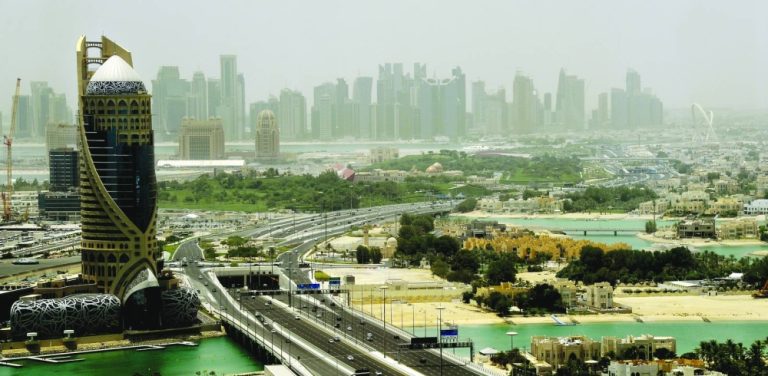According to a Cityscape Qatar report that delves into several “trends that will reshape the future,” Qatar's smart home market is expected to be worth “$68.1 million” in 2024 and reach “$116.7 million” by 2028. “Household penetration will be 17.3% this year and 27.6% four years from now,” the report said, discussing how tech-enabled homes are changing everyday life in Qatar. The influx of technological innovations has had a major impact on the way we live at various levels, starting with our homes. “Smart living is a growing trend thanks to the convenience and security that smart homes offer. Moreover, energy-efficient smart homes also contribute greatly to sustainability,” reported Cityscape Qatar, the country's real estate event scheduled to be held at the Doha Exhibition and Convention Centre (DECC) from October 15 to 17. According to a Statista report, the smart home market in the Gulf Cooperation Council (GCC) will generate a revenue of “$754.9 million” in 2024. In four years, the expected market size will be a “staggering $1.16 billion.” Similarly, Research and Markets also reported that smart home industry-related projects in the GCC could reach “$1.11 billion” by 2028. Based on March 2024 data from Statista Market Insights, security solutions account for the largest share of the market. Demand for smart home appliances and control and connectivity solutions is also strong. There is also growing interest in smart gadgets that aid in energy management, highlighting the country’s greening efforts,” the Cityscape Qatar report stated. The SNS Insider report highlighted the main factors that have been driving the growth of the smart home market. “Smart houses aim to automate various household appliances and gadgets with built-in monitoring systems to provide convenience, safety, efficiency, and security to residents.” Lighting, security, temperature, and audio/video systems can all be monitored and controlled through a single interface system. Smart homes prioritize security, and modern security systems notify homeowners of intruders and provide room-by-room video, even when there are no intruders. “Smart homes are not just about automating homes and offices, but also about enhancing security within the home,” the market research firm said. In Qatar, smart home solution providers such as QSmart Soug and Al-Tamyeez Security Company offer products that transform Qatari homes, according to Cityscape Qatar. “The most common products include a suite of security-enhancing solutions such as smart locks and surveillance systems. Automation systems designed to control lighting, temperature, curtains and entertainment are also part of the catalog. These products can often be accessed by smartphone, tablet or voice command, helping to make daily life more efficient and convenient. However, smart homes do more than just automate parts of home life. As mentioned earlier, they can also promote energy efficiency and support a greener lifestyle,” Cityscape Qatar further reports. Citing efforts in Qatar, the report states that the country has been focusing on expanding its smart home market over the past few years. Apart from the emergence of smart home solution providers, the report says that global brands operating locally in Qatar are also contributing to the development of this market. “For example, in 2020, Vodafone Qatar launched its Digital Smart Home Consultant to cater to customers seeking expert advice on smart home technology. The British telco has its own range of smart home devices such as smart cameras and sensors supported by a Wi-Fi mesh system. Through this initiative, the Digital Smart Home Consultant will customise a smart home setup based on individual customer needs. Meanwhile, in early May, Schneider Electric and Msheireb Properties, Qatar's leading sustainable real estate developer, signed an agreement to explore smart city potential at Msheireb Downtown Doha,” the report said.
Source link
Subscribe to Our Newsletter
Stay updated with our latest news and promotions. Join our newsletter community!

